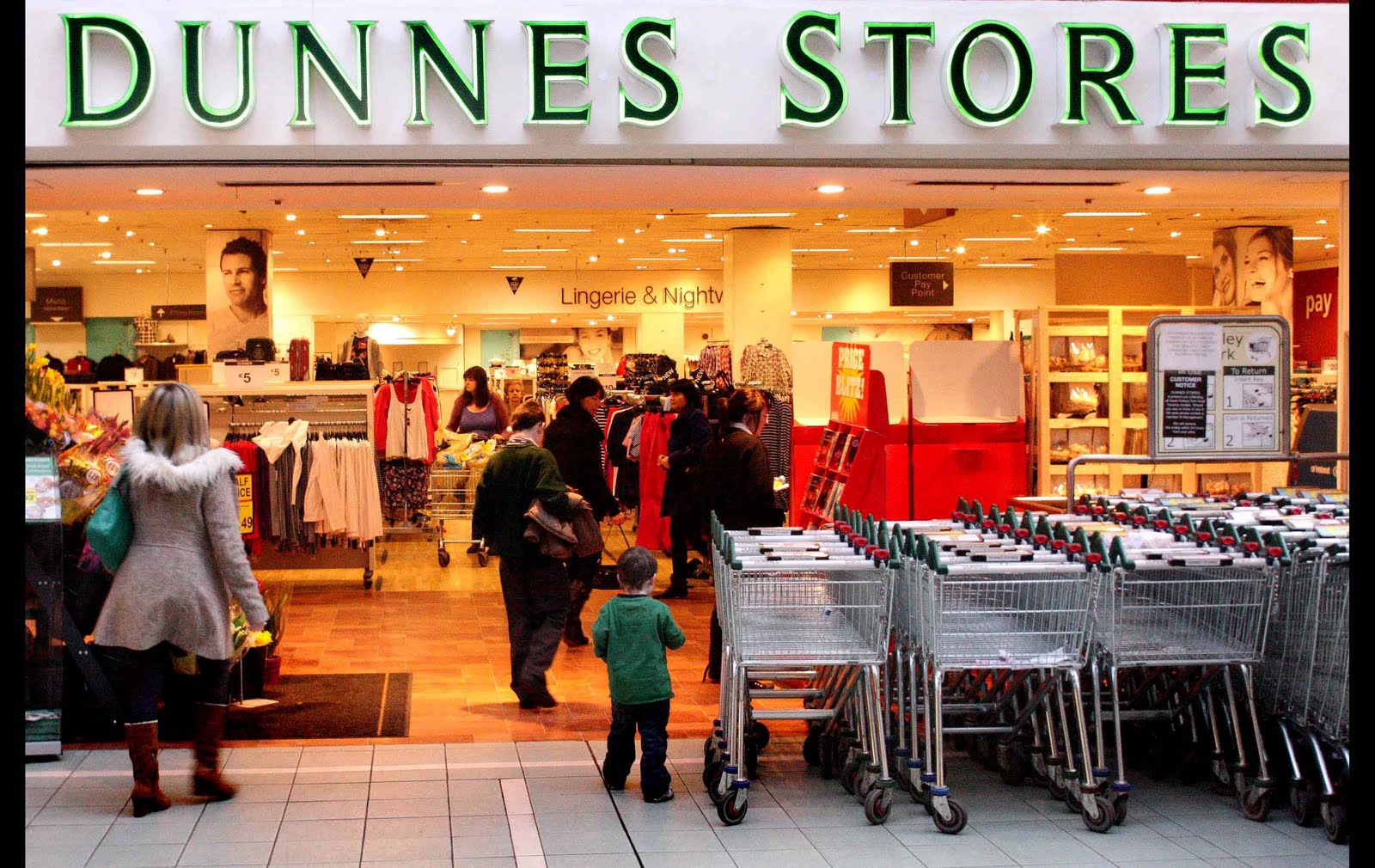 Dunnes Stores moved to the top of the retail rankings in the latest batch of figures from Kantar Worldpanel which cover the 12 weeks to January 29. However overall retail sales for the period were sluggish, following a buoyant Christmas period. Overall, grocery sales growth fell to 3.0%, down from 4.6% last month.
Dunnes Stores moved to the top of the retail rankings in the latest batch of figures from Kantar Worldpanel which cover the 12 weeks to January 29. However overall retail sales for the period were sluggish, following a buoyant Christmas period. Overall, grocery sales growth fell to 3.0%, down from 4.6% last month.
According to David Berry, director at Kantar Worldpanel: “Dunnes Stores has returned to first place, capturing 22.7% share – only the second time it has managed to reach the top, having first held this position in November last year. This will be welcome news for the retailer but there should be some concern that its sales growth has dipped to 3.6% – the lowest level seen in more than a year.”
SuperValu’s share of the market, meanwhile, amounted to 22.5%, just pipping Tesco on 22.4%. Elsewhere, Aldi continues to set the pace as the fastest growing retailer. Shoppers are now visiting the retailer 8.7 times every 12 weeks, compared to 8.1 times for the same period last year, and this has helped to increase sales by 6.3%. Aldi now captures 10.6% of the grocery market, ahead of the 10.3% from last year.
“The slowdown in overall market growth has led to even stronger competition between the major supermarkets and it’s tight at the top of the market share table – only 0.3 percentage points separate Dunnes Stores, SuperValu and Tesco,” adds Berry.
“This points to a good year for consumers as the retailers battle each other fiercely for their all-important grocery spend, keeping price inflation low. Grocery prices are only 0.7% higher than they were this time last year – which for the average shopper only amounts to an extra 17 cents per trip,” he says.
He points out the supply issues affecting fresh produce in the last few weeks have contributed to the dampening of the overall market.
“Southern Europe might be suffering from continuing rainfall but it’s having a substantial impact on Irish shopping baskets. Courgettes, cauliflower and spinach have all seen volume sales drop by at least 20% while a host of other categories including lettuce and cabbages have been affected to a lesser degree,” he says.




















